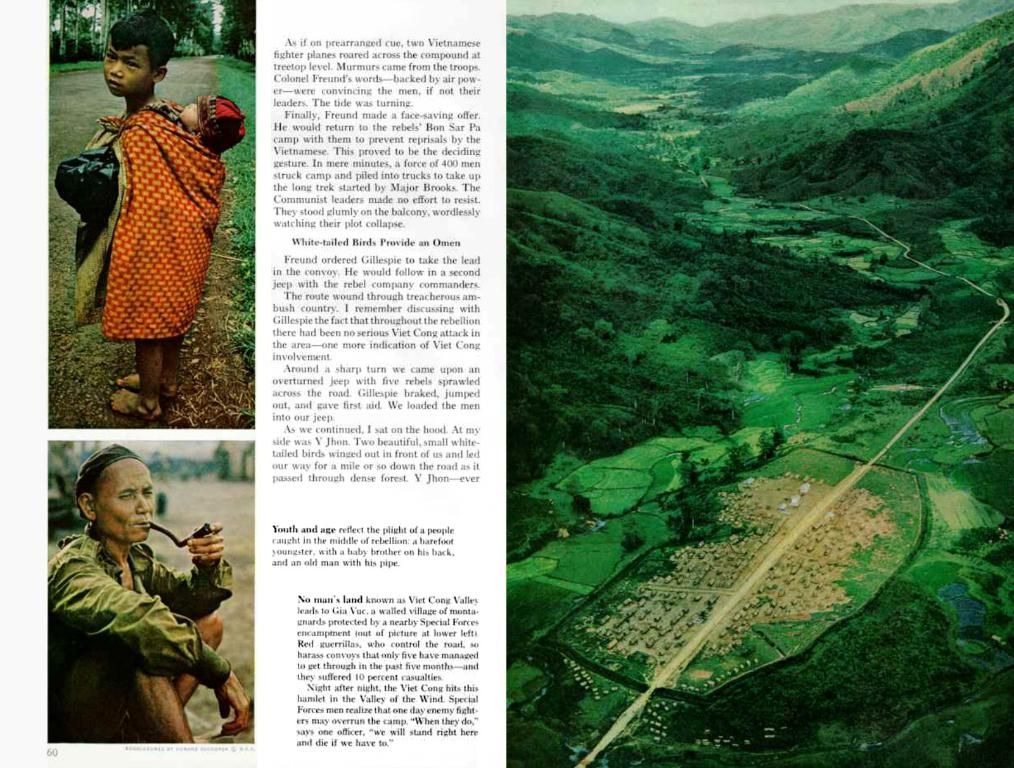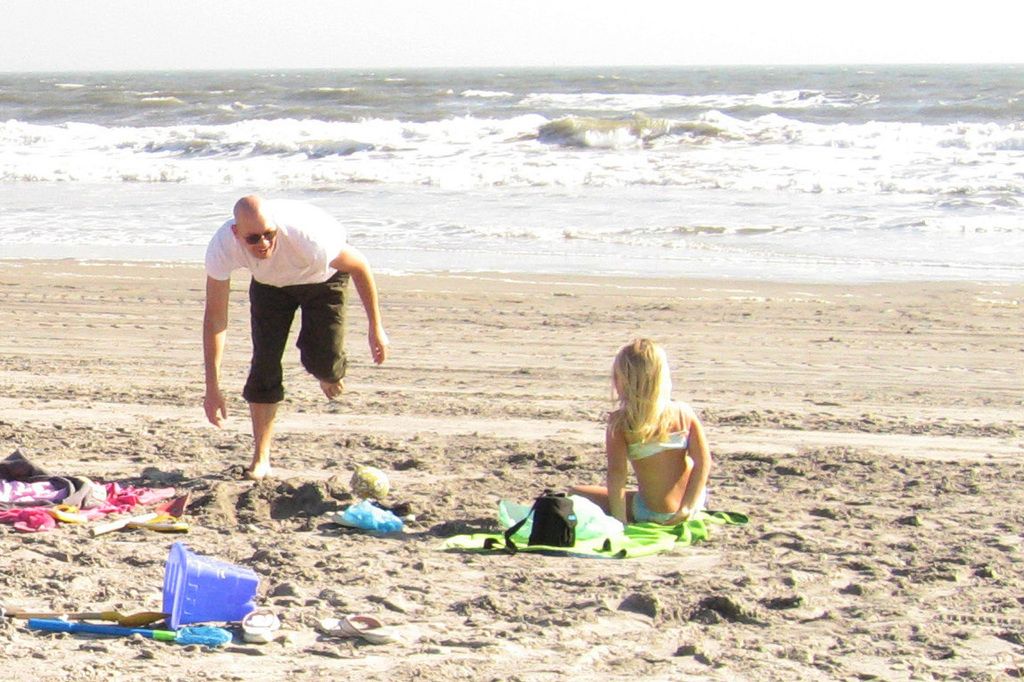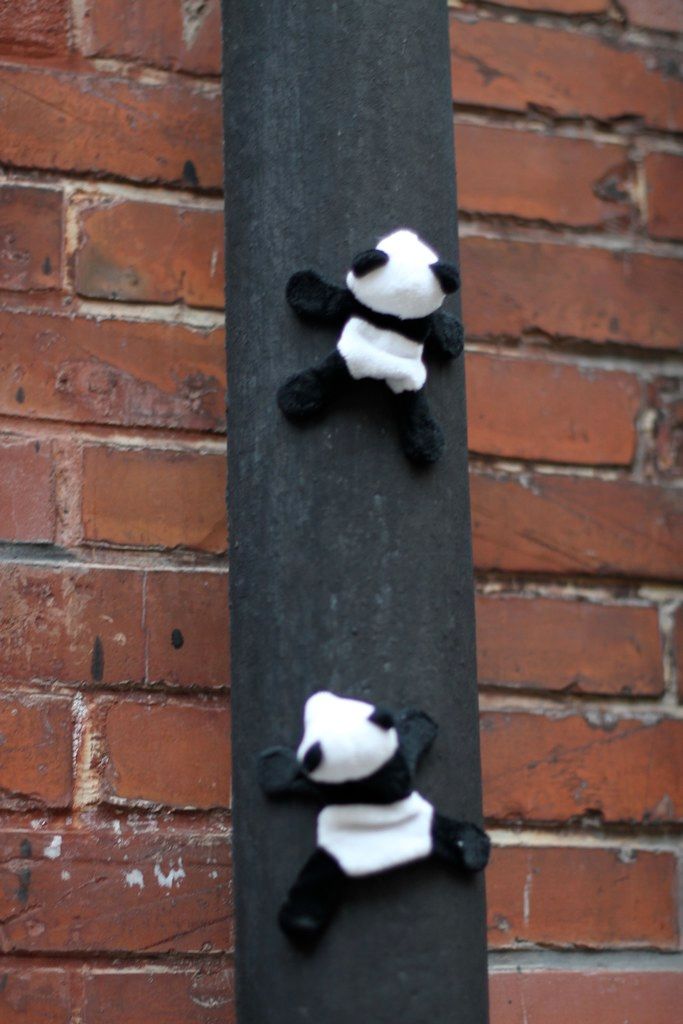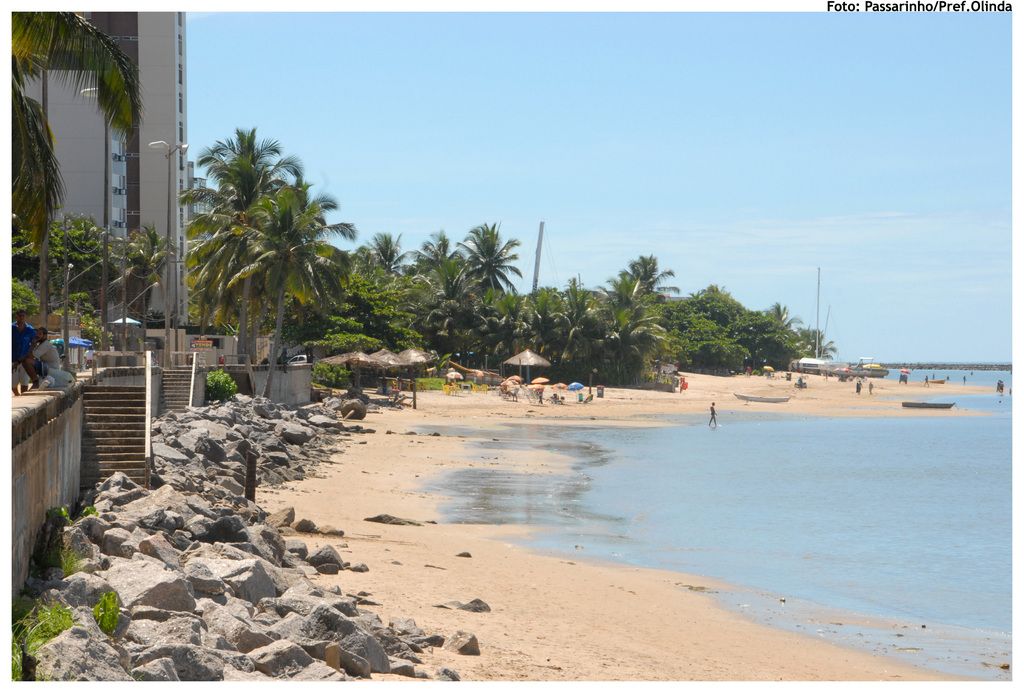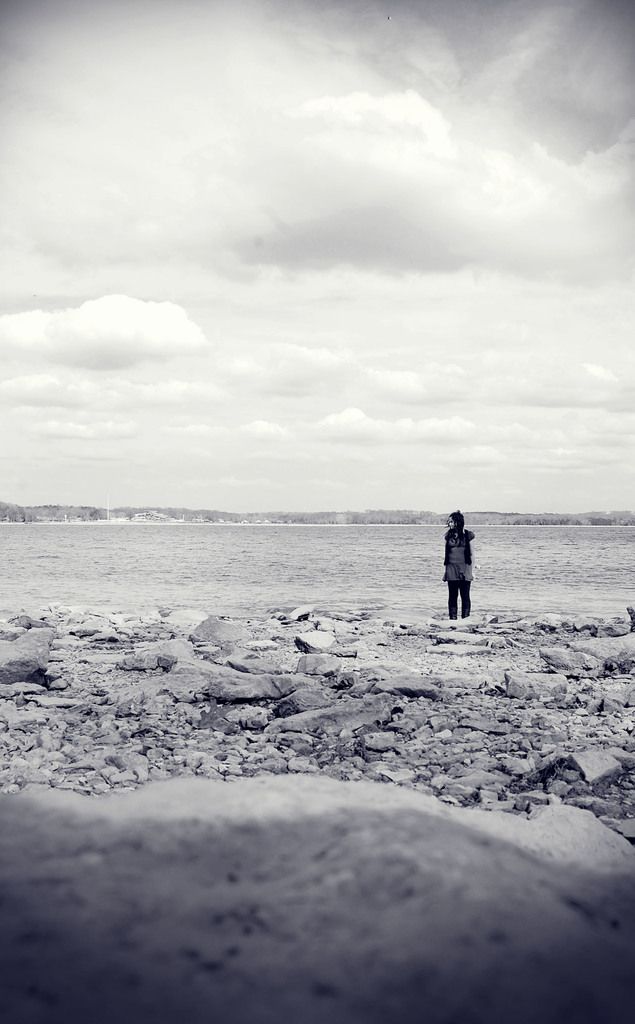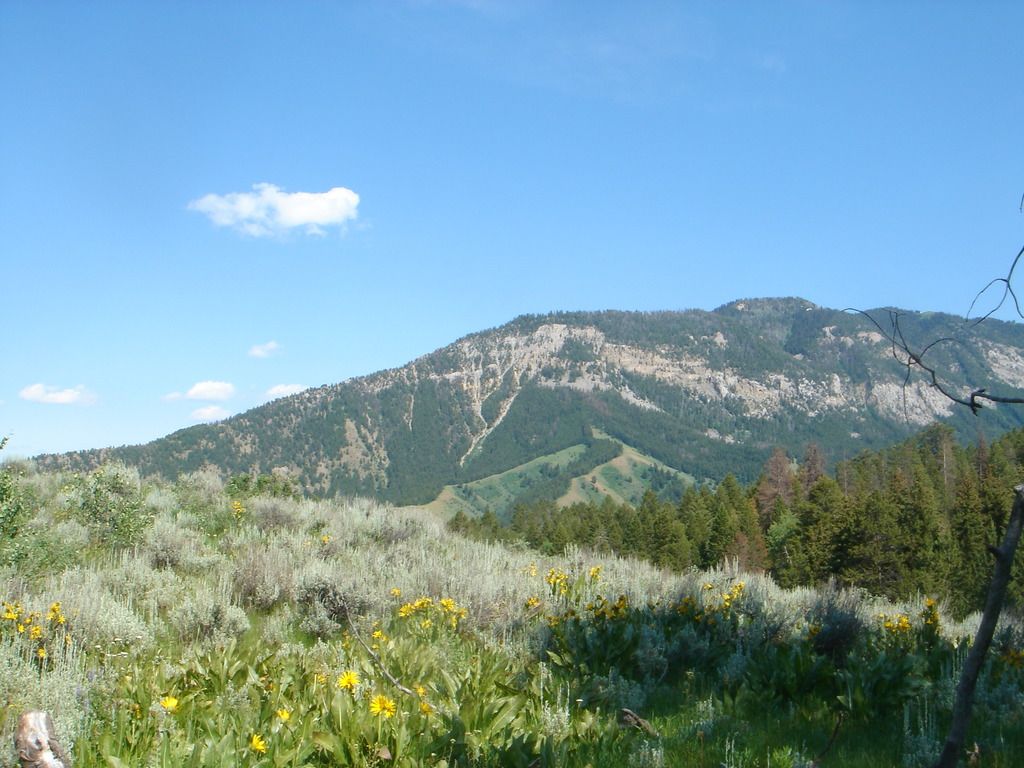Town hall hosts faith-based discussion amongst local believers
Last Thursday, old school pals Nassir El Aboussi and Michael Chandrathas found themselves face-to-face in the town hall of Mönchengladbach, Germany, all thanks to an invitation from Mayor Felix Heinrichs. The occasion? Another round of the town's Interreligious Dialogue, an initiative that gathers representatives from various faiths thrice yearly. This time around, the focus was on fostering connections and understanding.
El Aboussi, the chairman of the Masjid Arrahman mosque on Mittelstraße, Rheydt — initially founded by the first batch of Moroccan guest workers — and Chandrathas, the head honcho of the Evangelical Mission The Blessing Church, rooted in Sri Lanka, were eager to participate. They decided to present their communities together, scattering anxieties and bridging differences with a shared message.
The Masjid Arrahman mosque, a beacon of community and openness, and The Blessing Church, an offspring of Jebamary Geetha Chandrathas, Bishop Michael Chandrathas' mother, shared more than just a stage. They both grappled with prejudices, shocked by exclusion, and eventually, they overcame these challenges by extending their support to people from all walks of life and building bridges of understanding and solidarity.
The Interreligious Dialogue in Mönchengladbach is more than just a platform for exchanging ideas — it's a testament to how diversity strengthens bonds. Its joint peace prayers, mutual visits during religious festivals, and collaborative efforts on a common foundation paper demonstrate the blossoming of trust and the deepening of understanding.
El Aboussi and Chandrathas believe that this dialogue "opens our minds to learn from each other with greater respect, acceptance, and tolerance." The encounter in the town hall went beyond nostalgic buddies catching up — it symbolized a harmonious coexistence in a vibrant, diverse society.
While specific details about the Mönchengladbach dialogue are scant, interreligious dialogues generally serve to promote understanding, foster mutual respect, address misconceptions, and stimulate cooperation between communities. By reducing tensions, encouraging collaboration, and enhancing communication, such dialogues pave the way for a more harmonious society.
- Nassir El Aboussi and Michael Chandrathas, with a shared focus on financial stability and diversity-and-inclusion for their respective communities, aimed to present a united front at the Interreligious Dialogue, promoting lifestyle choices and business practices that cater to individuals from all backgrounds.
- In bridging the gaps between their communities, El Aboussi and Chandrathas found common ground in relationships that extended beyond religious affiliations, forging bonds built on understanding and solidarity.
- The positive impact of interreligious dialogues like the one in Mönchengladbach extends beyond the realm of faith, influencing personal relationships, business engagements, and lifestyle choices in a way that fosters a more diverse and harmonious society.
